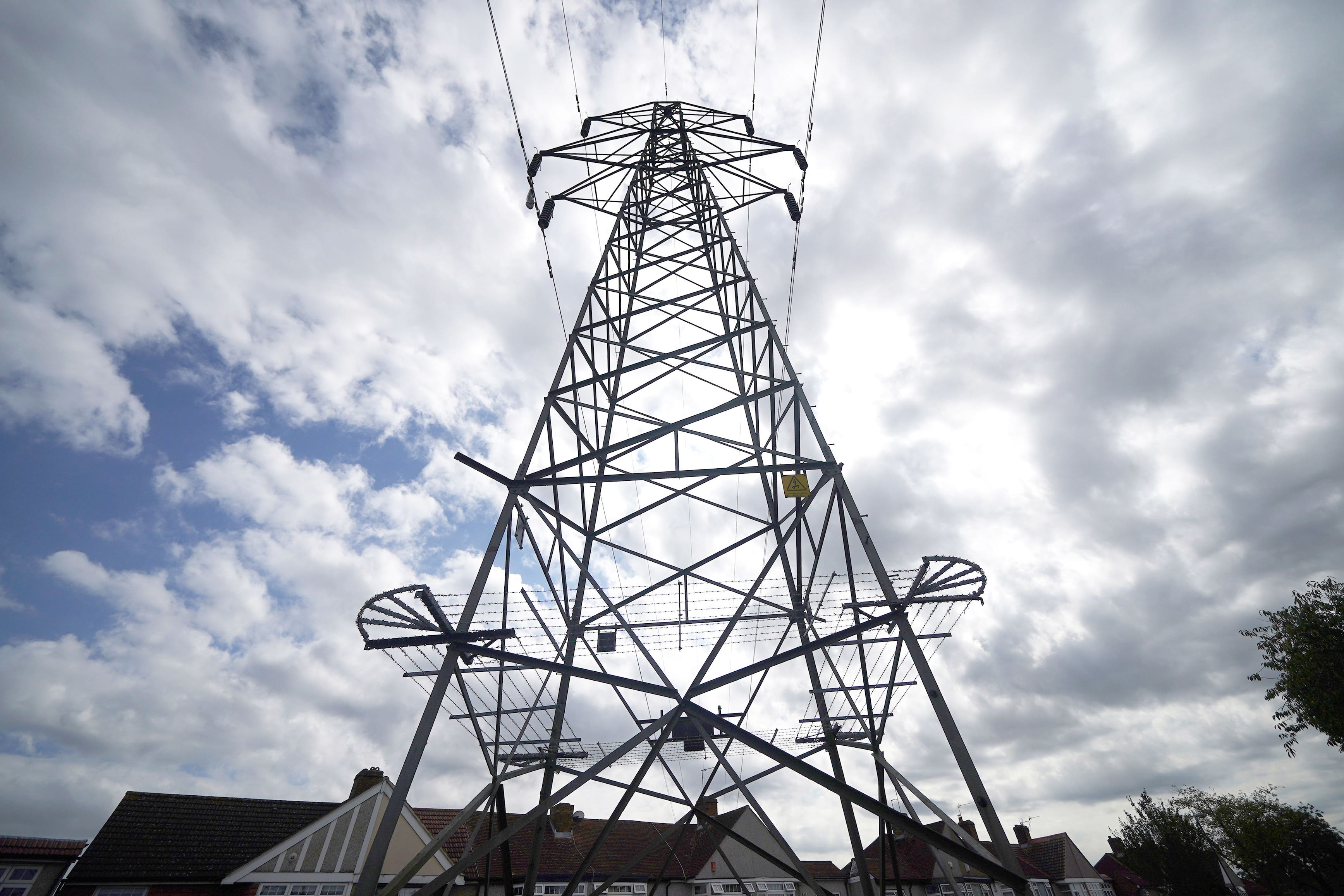Ofgem proposes £23.6m fine for gas plant’s ‘excessively’ high grid prices
Electricity generators can be paid to turn down their production

Your support helps us to tell the story
From reproductive rights to climate change to Big Tech, The Independent is on the ground when the story is developing. Whether it's investigating the financials of Elon Musk's pro-Trump PAC or producing our latest documentary, 'The A Word', which shines a light on the American women fighting for reproductive rights, we know how important it is to parse out the facts from the messaging.
At such a critical moment in US history, we need reporters on the ground. Your donation allows us to keep sending journalists to speak to both sides of the story.
The Independent is trusted by Americans across the entire political spectrum. And unlike many other quality news outlets, we choose not to lock Americans out of our reporting and analysis with paywalls. We believe quality journalism should be available to everyone, paid for by those who can afford it.
Your support makes all the difference.Ofgem has proposed a £23.6 million fine for the owner of a gas power plant which submitted prices that were too high when it was asked to help manage the UK’s power supply.
The energy regulator said that EP SHB’s submissions to the National Grid meant that customers ended up paying unfairly high charges on their energy bills.
Electricity grids can be damaged both if there is too little and too much electricity being put into them.
At all times the amount being put in and the amount being taken out needs to be matched.
This means that at times when there is too much supply, National Grid’s Electricity System Operator (ESO) can ask power plants to reduce their production. It will pay them to do so, a charge which ultimately lands on the bills of households and businesses.
In this case, the South Humber Bank gas-fired power station had been asked to lower its output due to the risk of blackouts should it suddenly disconnect from the grid.
Companies tell the ESO how much they need to be paid for reducing their output, but Ofgem said that the prices that EP SHB submitted were “excessive”.
“Protecting consumers is a priority for Ofgem, and we will continue to monitor the wholesale energy markets in Great Britain and ensure their integrity on behalf of energy users,” said Cathryn Scott, Ofgem’s director of enforcement and emerging issues.
“This latest enforcement action sends another strong signal to all generators that they must put in place controls to ensure that their bid prices are set in a way that ensures that they do not obtain excessive benefits during transmission constraint periods.
“If they fail to do so, licensees should expect to face large penalties, particularly in light of the repeated warnings which have been given regarding our expectations of generators.”